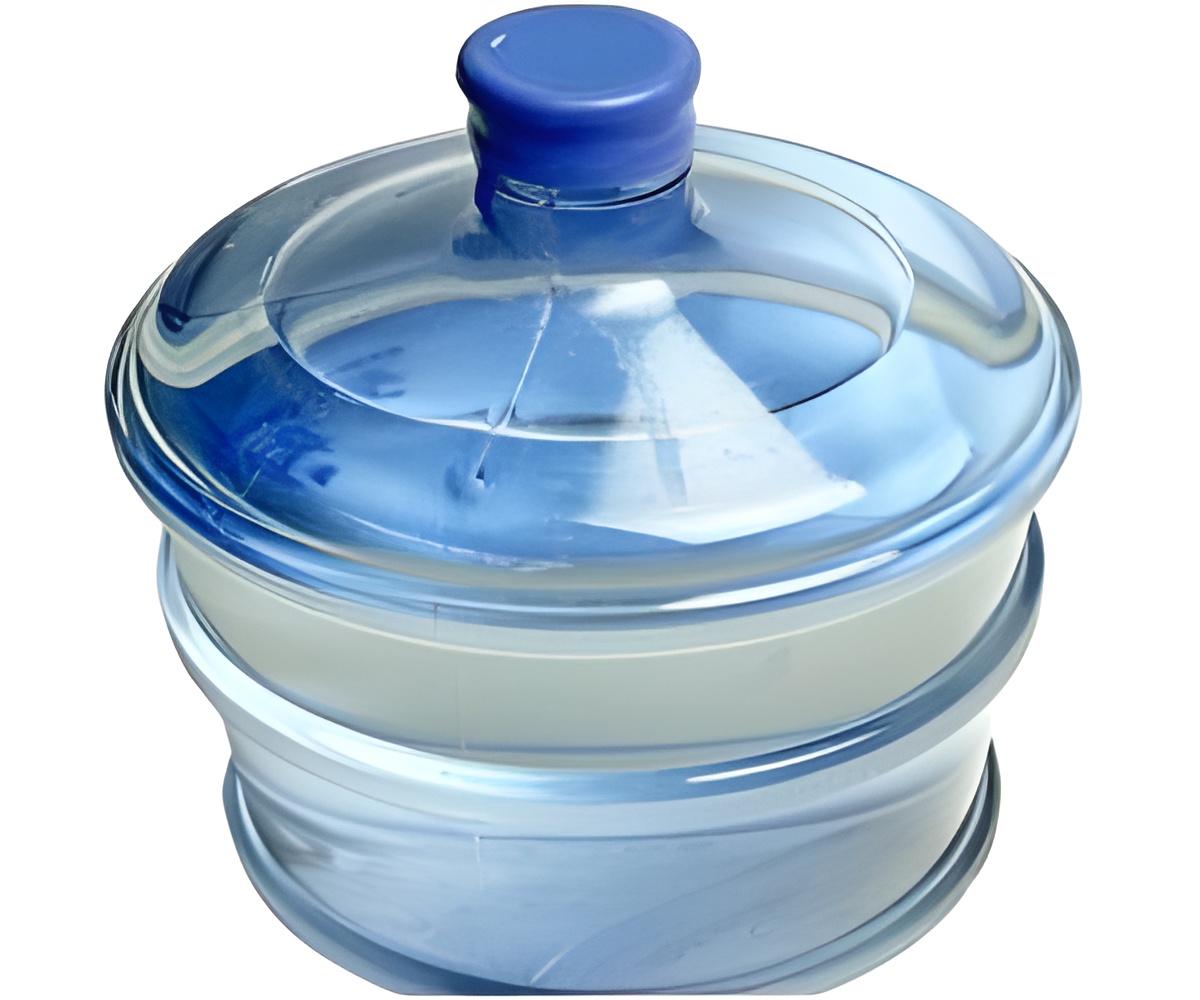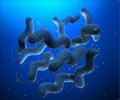Plasma has been used by researchers to create water that stays significantly free from bacteria.

To do this, the researchers, from the University of California, Berkeley, created plasma in air and exposed it to a solution of distilled water for 20 minutes to activate it. Once activated, the researchers allowed the water to sit for periods of up to one week before dropping a pellet of E.coli bacteria into the solution.
The bacteria were left in the water for either 15 minutes or three hours and the number of living bacterial cells present was then measured and compared to the numbers of cells in an untreated solution. Surprisingly, the solution created up to seven days earlier had a significant antibacterial effect when the bacteria were exposed for three hours.
A handheld, plasma-activating device – which has already been demonstrated in the research lab – could be extremely effective in low-resource or disaster-struck countries where sanitation and waterborne diseases are a critical issue, such as Haiti where millions of people were left homeless and at risk of cholera and typhus following a devastating earthquake.
Known as the fourth state of matter, plasma is a gas that has had some of its electrons removed by passing electricity through it and has already had its disinfectant capabilities demonstrated through the development of a device that can sanitise skin (http://www.iop.org/news/09/november/page_42357.html)
Progressing research by a range of different groups who have shown how plasmas created next to water can turn it into an acidic solution that contains a cocktail of compounds which effectively kill off bacteria suspended in the solution, the researchers sought to explore the potential further.
Advertisement
Professor David Graves, lead author of the study, said: "One of the most difficult problems associated with medical facilities in low-resource countries is infection control. It is estimated that infections in these countries are a factor of three to five times more widespread than in the developed world.
Advertisement
"However, we have shown that these compounds alone cannot explain the entire antibacterial effect observed so we will direct future research to focus on identifying all of the chemical products responsible for this antibacterial nature," continued Professor Graves.
Source-Eurekalert












